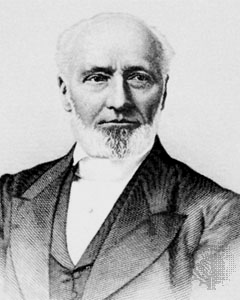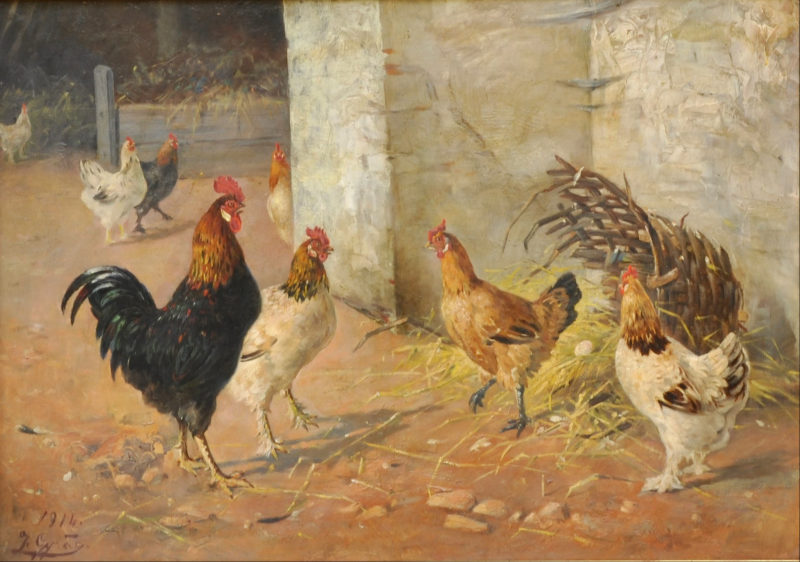
One of the things [the students at Tyndale] particularly treasured about Packer was his willingness to talk theology over the college breakfast table.
The students would ask him about the great theological questions of the day—the relationship between divine sovereignty and human freedom, to give one obvious example. Packer did not give them pre-packaged answers; instead, he showed his theological working. In effect, Packer taught them how to theologise—how to do theology, rather than simply presenting them with the outcomes of that process. It was a rare gift, and one that Packer would consolidate over his long career as a teacher.
Alister McGrath, J.I. Packer: His Life and Thought, 51.





